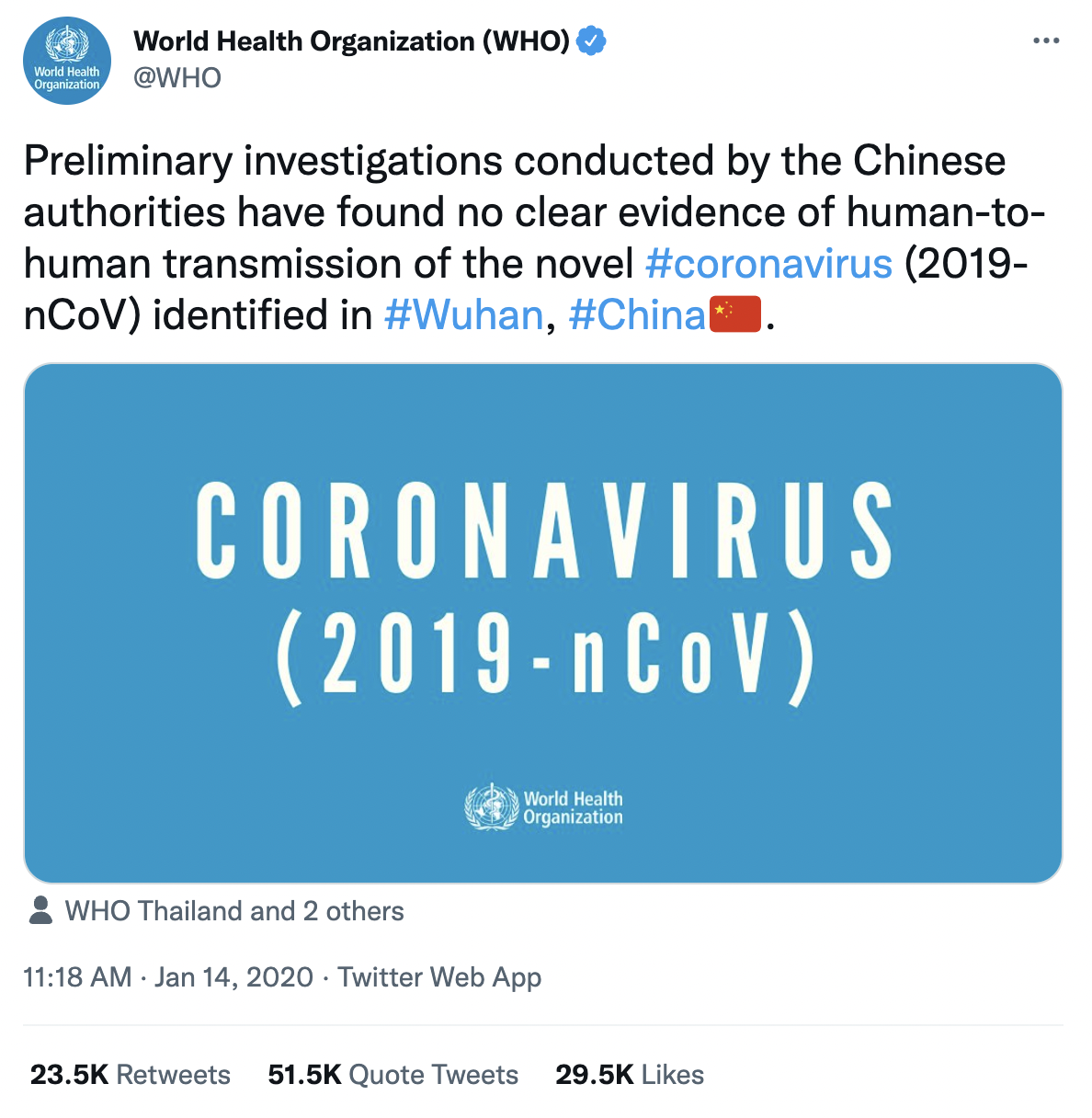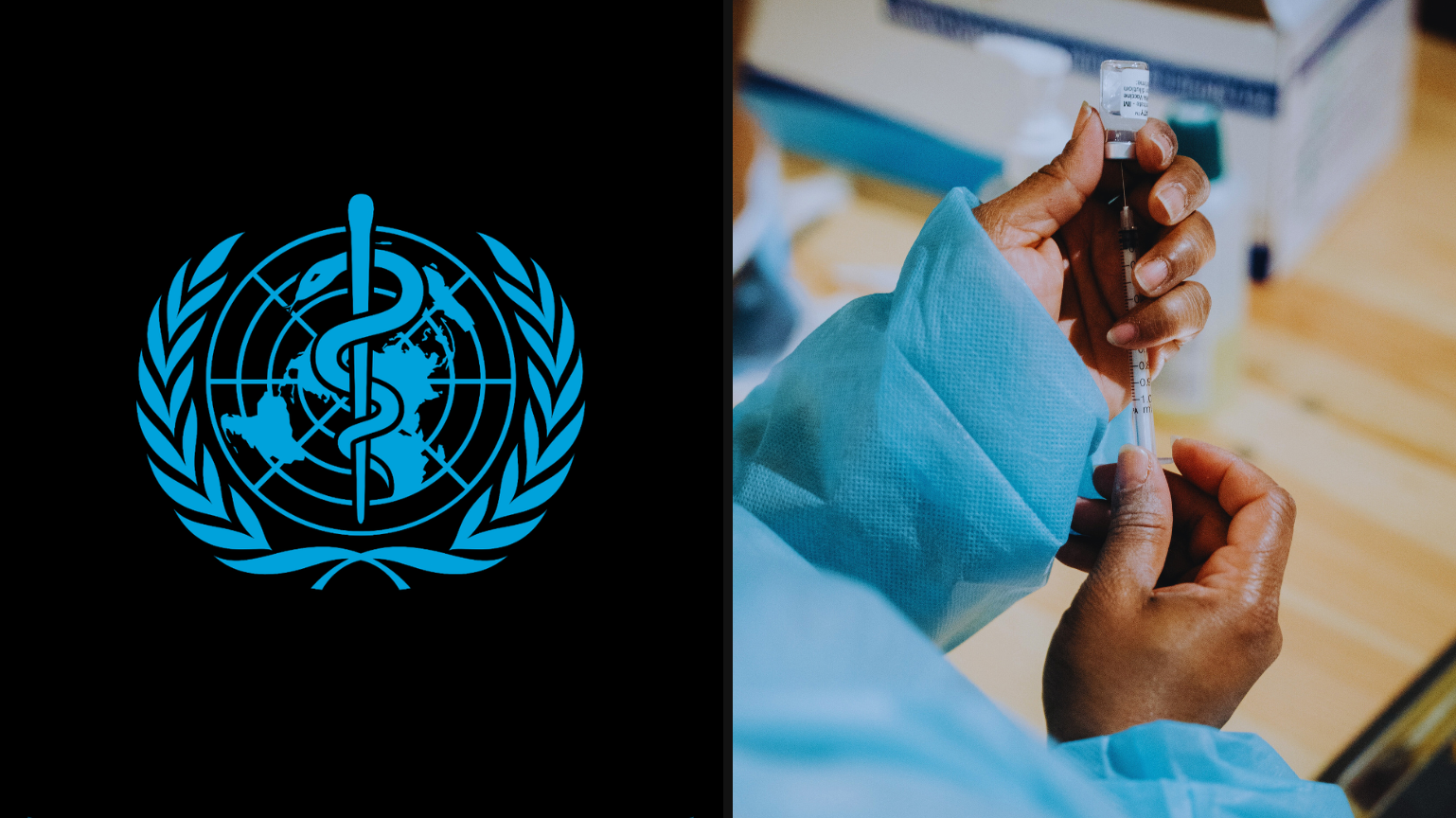In 2020, as people challenged the “expert guidance” on Covid during the first few months of the pandemic, the use of the term “misinformation” in news articles almost doubled. This rapid increase in the use of the term by legacy media outlets was followed by an equally rapid rollout of new Big Tech misinformation rules which targeted content that questioned the Covid guidance being pushed by authorities.
Fast forward to 2023 and the first signs of this censorship pattern are starting to play out again.
The WHO, an unelected global health agency, is less than a year away from finalizing an international pandemic treaty/accord and amendments to the International Health Regulations (2005). These two instruments will collectively give the World Health Organization vast new powers to target misinformation and increase its surveillance powers.
And as this WHO power grab faces mounting criticism and pushback, several representatives of this unelected global health agency decided to use the recent seventy-sixth World Health Assembly (WHA) (the annual meeting of the WHO’s decision-making body) to claim that dissent is misinformation and call for more action against dissenting voices.
During a WHA committee meeting, the WHO representative for the Bahamas said “dissenting voices can clutter the airwaves and derail the public health good with disinformation and misinformation.” She added that “more is needed to nullify the conspiracies.”
Professor Peter Piot, a former Director of the London School of Hygiene & Tropical Medicine and a Handa Professor of Global Health, urged the WHO to do more to combat so-called “fake news” during the opening of the seventy-sixth WHA. Specifically, he said the declining trust in science, technology, and the actions of public health groups is “very damaging for health of the people” and called for the WHO to “invest with the same energy as those who are spreading the fake news and are undermining all these efforts.”
And during the closing of the seventy-sixth WHA, the WHO’s Director-General, Dr. Tedros Adhanom Ghebreyesus, said:
“We must work hard to counter the mis and dis-information about the accord that’s circulating in many member states. We cannot mince words. The idea that this accord will cede authority to WHO is simply fake news.
This is an accord by member states, for member states, and will be implemented in member states in accordance with their own laws.”
Although the pandemic treaty won’t “cede authority to WHO,” it does recognize “the central role of WHO, as the directing and coordinating authority on international health work, in pandemic prevention, preparedness, response and recovery of health systems.”
While these WHO members are railing against what they deem to be misinformation, the WHO itself is infamous for pushing misleading information during the early stages of the Covid pandemic. In a January 2020 tweet, the global health agency amplified a claim from Chinese authorities that there was “no clear evidence of human-to-human transmission” of the coronavirus.
Despite repeating these misleading claims from China, the WHO has gained major power over online speech since 2020 via partnerships with YouTube, Facebook, and Wikipedia. On YouTube alone, over 800,000 videos were deleted for contradicting the WHO. Many of the deleted videos shared perspectives that health officials have now admitted to be true. And Google recently renewed its partnership with the WHO.
But the WHO doesn’t appear to be satisfied with the increased influence it has gained in just a few short years and hopes that the pandemic treaty and amendments to the International Health Regulations (IHR) will give it more powers to target speech.
If these instruments are finalized, WHO member states will be instructed to combat “tackle false, misleading, misinformation or disinformation, including through promotion of international cooperation” and combat “infodemic[s]” (infodemic is a WHO buzzword that describes “too much information including false or misleading information in digital and physical environments during a disease outbreak”).
The WHO hopes to finalize both instruments by May 2024 and both will be legally binding under international law. The instruments have the full support of the US, Canada, and France.













